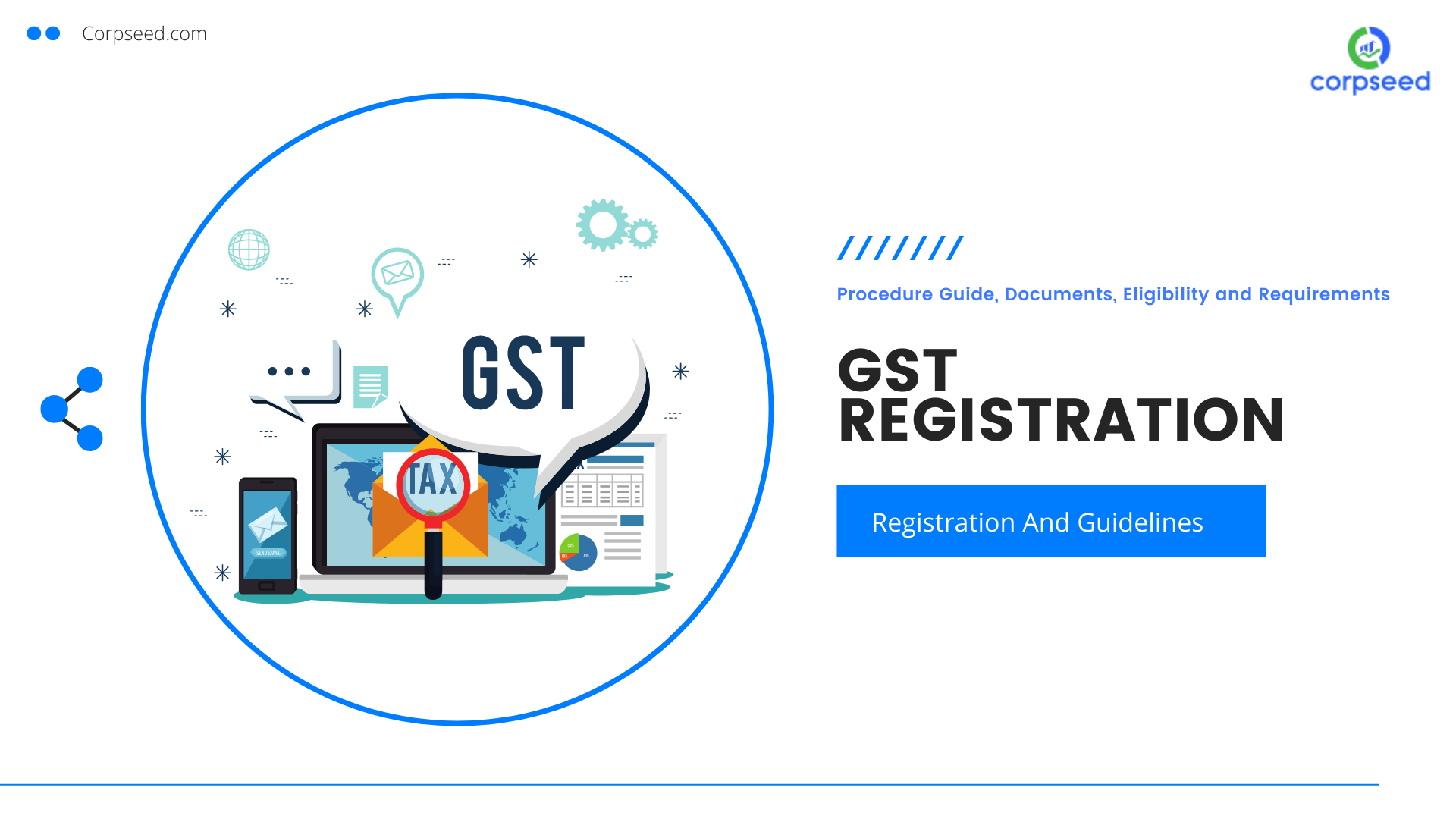Top Ranked Best GST Registration Services in Singapore for 2024
Top Ranked Best GST Registration Services in Singapore for 2024
Blog Article
From Beginning To End: The Ultimate Roadmap to GST Enrollment for Organizations Looking For Financial Security
Browsing the intricacies of Item and Solutions Tax (GST) enrollment is a critical action for organizations making every effort for financial security. Damaging down the roadmap right into manageable steps can enhance the registration journey for organizations looking to enhance their financial standing.
Understanding GST Basics
Delving right into the basic concepts of Product and Provider Tax (GST) is crucial for obtaining a detailed understanding of its implications on services and the economic climate. Input Tax Credit Score (ITC) is a substantial function of GST, allowing businesses to claim credit rating for tax obligations paid on inputs, minimizing the overall tax obligation concern. Understanding the essentials of GST is important for services to abide with tax regulations, handle their funds efficiently, and contribute to the nation's economic growth by participating in a clear tax obligation system.
Qualification Requirements for Enrollment
To register for GST, companies have to fulfill specific qualification criteria established by the government. The main qualification demand is that any kind of company associated with the supply of goods or services with a yearly aggregate turn over above the threshold limit set by the authorities should register for GST. As of the existing regulations, the threshold limit for GST enrollment is an annual aggregate turn over of 40 lakhs for companies operating within a state, except for special group states where the limit is 20 lakhs. Additionally, certain businesses are required to sign up for GST irrespective of their turnover, such as interstate distributors, laid-back taxable individuals, and organizations accountable to pay tax obligation under the reverse fee system. It is vital for services to completely analyze their turnover and purchase types to establish their GST enrollment obligations properly. Failure to register for GST when eligible can cause charges and legal effects, making it essential for companies to abide by the specified qualification criteria.
Papers Required for Registration
Having met the qualification requirements for GST registration, companies must now ensure they have the requisite records in area to proceed with the registration process successfully. The papers needed for GST registration usually include evidence of company constitution, such as partnership action, enrollment certification, or unification certification for various types of companies. Additionally, companies need to supply records establishing the principal place of company, such as a rental contract or electrical power bill.
Step-by-Step Registration Process
Beginning the GST registration process involves a collection of structured actions to make certain a seamless and certified registration websites for businesses. The initial step is to visit the GST site and fill in the enrollment form with precise information of business entity. Following this, the candidate obtains a Temporary Referral Number (TRN) which is utilized to return to the application process if it's not completed in one go.
Next, all needed documents according to the list offered by the GST portal demand to be posted. These documents normally include evidence of service identity, address and enrollment evidence of promoters, financial declarations, and business entity's frying pan card.

Post-Registration Compliance Standards

Verdict
To conclude, organizations seeking monetary security must recognize the essentials of GST, satisfy eligibility standards, collect needed documents, adhere to the detailed enrollment process, and abide with post-registration guidelines - Best GST registration services in Singapore. By adhering to these steps, organizations can make certain compliance with tax obligation guidelines and preserve monetary stability in the future
Furthermore, particular businesses are called for to sign up for GST regardless of their turnover, such as interstate vendors, laid-back taxable persons, and businesses liable to pay tax obligation under the reverse cost device.Having fulfilled the eligibility criteria for GST enrollment, services should now guarantee they have the requisite files in location to continue with the enrollment process successfully. The documents required for GST registration commonly consist of proof of organization constitution, such as collaboration action, registration certification, or consolidation certification for different types of organizations. Additionally, businesses require to supply papers developing the primary area of business, such as a rental contract or electrical power expense.Commencing the GST enrollment procedure involves a collection of organized steps to make sure a seamless and certified enrollment for organizations.
Report this page